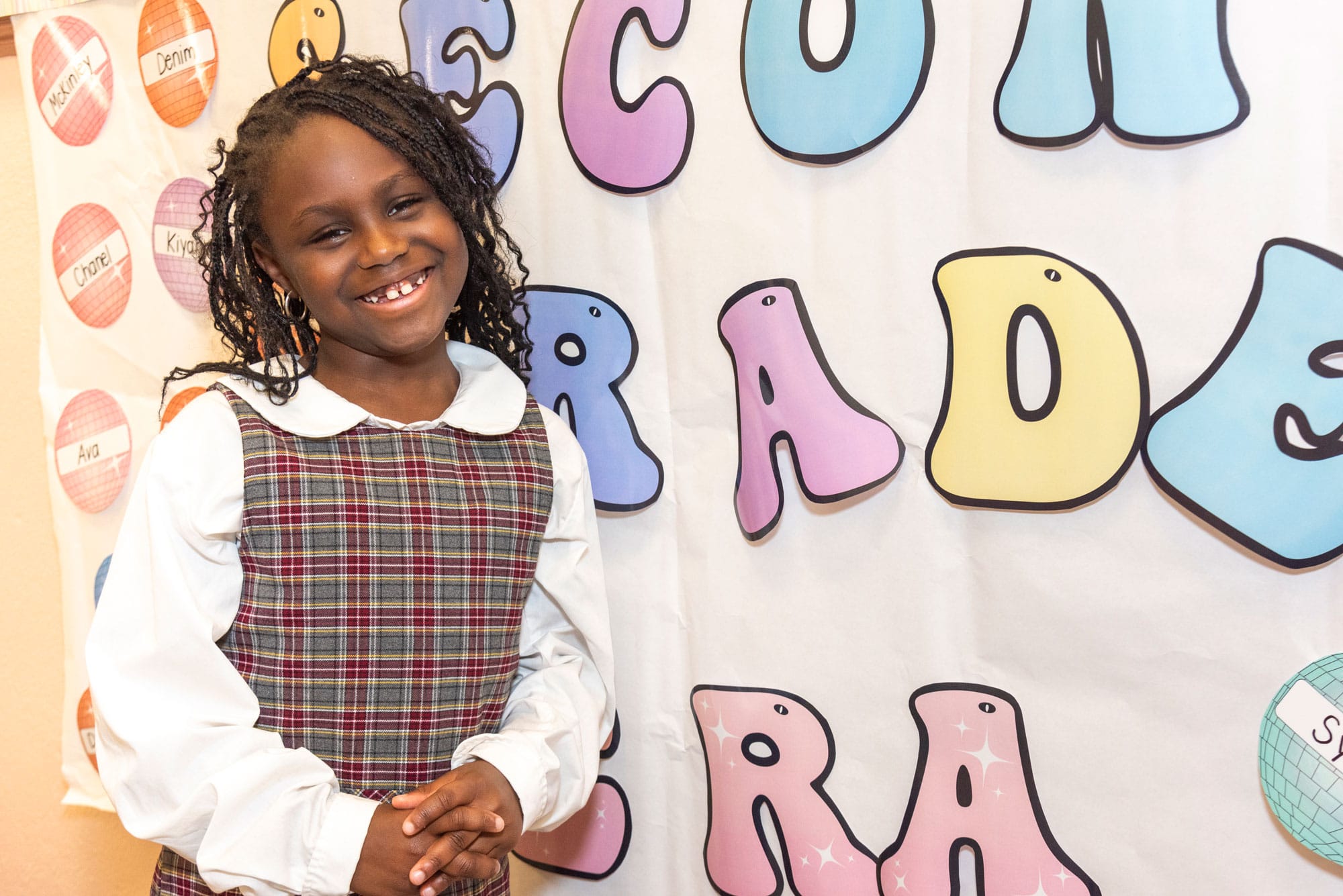History of IMS Network

In July 2013, the Archdiocese of Philadelphia made the difficult decision to close many parish-based elementary schools. As city-wide demographics changed over decades, many of these schools served predominantly low-income communities and were operating with significant budget deficits, lack of capital investment, and declining enrollment.
At the same time, one parish school in Philadelphia, St. Martin de Porres, was successfully operating under a new model of governance and finance. A small group of civic leaders saw an opportunity to save some of the area parish schools at risk of closing by replicating the St. Martin de Porres operating model.
Through this action, the opportunity to save 14 parish schools serving approximately 3,800 students in grades Pre-K through 8 in some of the city’s highest poverty areas was born. Calling the new collective of 14 schools “Independence Mission Schools” or IMS, the founders took the word “mission” seriously. All 14 schools joining with St. Martin de Porres were in communities with local public schools deemed failing by the state – or having academic performance in the bottom 15 percentile of all schools statewide.
The founding board, together with the philanthropy community and Archdiocese of Philadelphia, developed a plan to keep these vital schools open as Catholic schools, independent of the parishes and the Archdiocese. As the new umbrella organization, IMS assumed operating and financial responsibility and provided leadership and common services across the new network of schools.
The dream in 2013 was that over time, this new network would operate affordable, safe, academically rigorous Catholic schools for children of all faiths in under-served urban neighborhoods and provide families with an attractive school choice in communities where school choices were limited.
Today we are living our mission by striving to provide quality academic options for low-income families in areas where the public schools are failing. Our Catholic schools are imbued by our strong Catholic identity and culture, yet 75% of our students are not Catholic. We believe in educating all children, regardless of faith, as we believe that participation in education informed by faith principles can benefit all students on their path to developing character and to becoming active citizens of our world. Our families are choosing our values-based education as they seek academic excellence for their children.
.
